Find out more about The Open University's Politics courses and qualifications
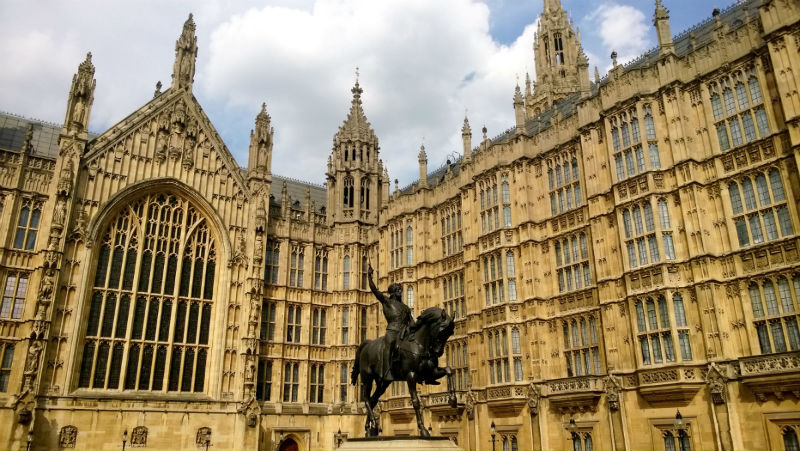
What is a Bill?
An Act of Parliament starts off as a Bill. A Bill is a proposal for a new piece of legislation that – if approved by a majority in the House of Commons and the House of Lords – will become an Act of Parliament and law of the land.
There three kinds of Bill.
What is a Public Bill?
This is the most common type of Bill. Public Bills deal with matters affecting the public generally and are usually introduced by a Government minister. Public Bills apply throughout England and Wales. Most Bills are public and are introduced and supported by the Government.
What is a Private Members' Bill?
A Private Members' Bill deals with matters affecting the public generally but is introduced by a Member of Parliament who is not a minister. Private Members' Bills are a type of Public Bill and should not be confused with Private Bills.
What is a Private Bill?
A Private Bill deals with issues which affect only a very small number of people. For example, a Private Bill could deal with a matter affecting a single local authority. Private Bills are promoted by the group concerned. A Private Bill does not affect the general public as a whole. A Private Bill might be introduced, for example, to give National Rail (the company which maintains Britain's network of train lines) the power to construct a new railway line in a particular area of the country.
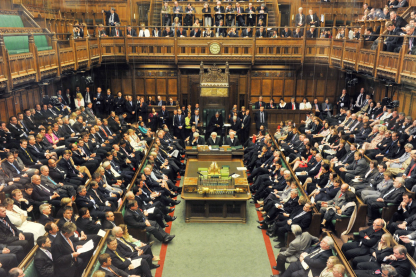
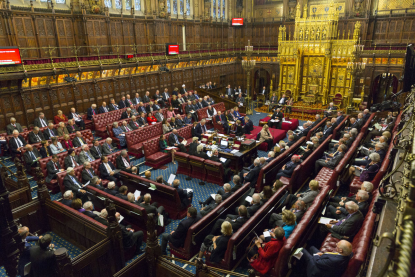
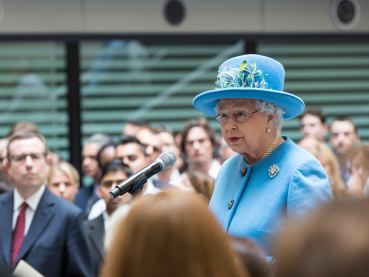

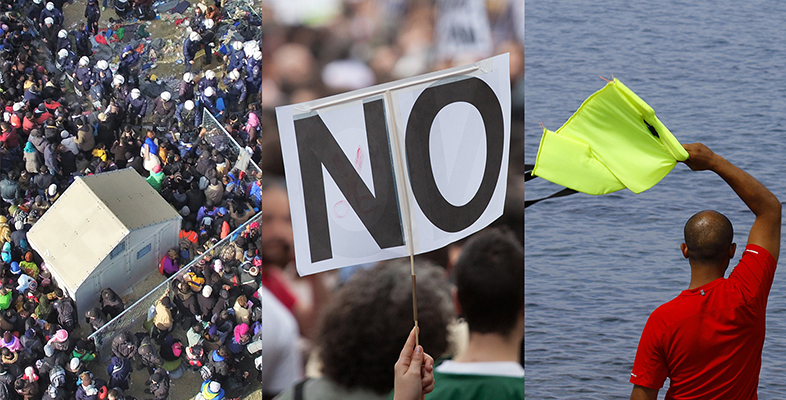

Rate and Review
Rate this article
Review this article
Log into OpenLearn to leave reviews and join in the conversation.
Article reviews
Thanks for reading,
kind regards,
Jason